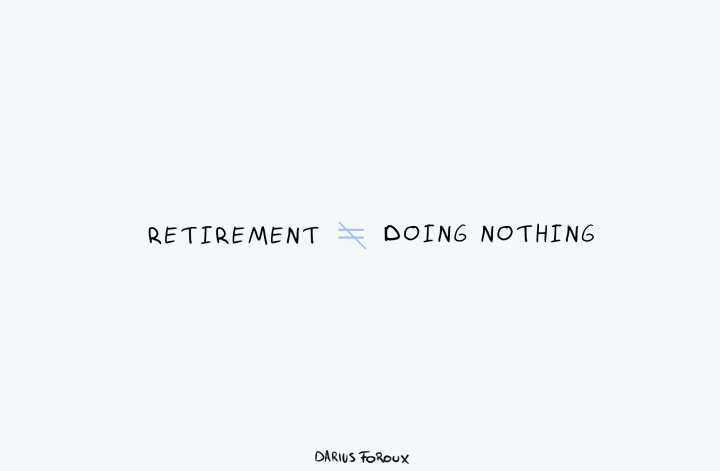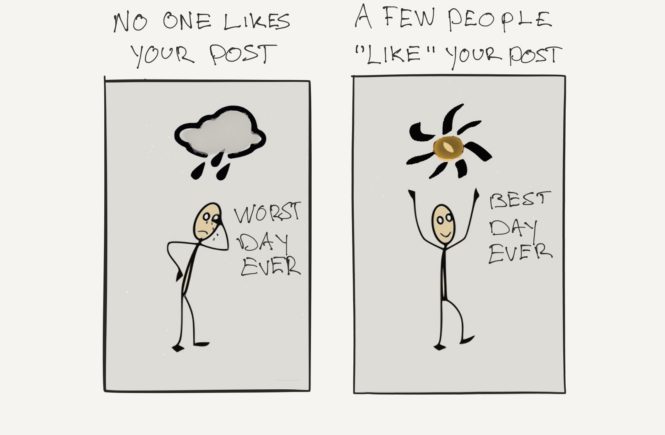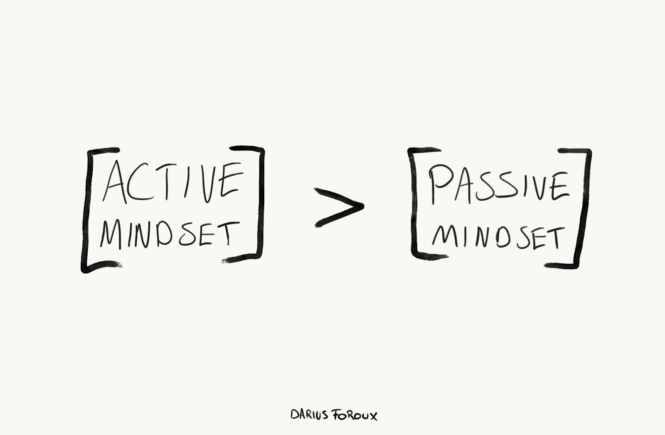Here’s what the structure of modern life looks like for most. In the early years of a child, the focus is on learning and playing.
Once the playing is done, a teen starts their educational career. Then start a career. And save up for retirement. Those are the three main stages of life as we know it: Study, work, then retire.
It might look like these stages are natural to human life, but that’s a wrong assumption. These stages are, like most things in modern-life, made up.
This structure was created in the 19th century, when the Prussian statesman Otto von Bismarck implemented the first national old-age social insurance plan in 1889.
At the time, the world was going through the industrial revolution, and sending your kids off to school was just starting to become the norm. Bismarck’s government was trying to give more jobs to the unemployed youth by retiring workers aged 70 and above.
The sociologist and economist Mauro Guillen wrote a book called 2030: How Today’s Biggest Trends Will Collide and Reshape the Future, where he touches on the stages of life.
The book, published in August 2020, and written before the pandemic, is an interesting take on where current trends might be going. Guillen writes:
“It’s astonishing to realize that for the longest time the government, the law, and even mainstream culture have told us that people above a certain age can no longer make genuine contributions to society and the economy. People above sixty-five (or some other arbitrary number) were deemed to be part of the “passive” population, neither takers nor givers.”
While the concept of retirement during the 19th century — where jobs are inherently hazardous and workers have no way of creating a nest egg for the future — is innovative; this mindset no longer applies today’s life.
Human beings tend to live longer now.1Source: Stat News And we’ve begun to desire meaningful work more. 9 out of 10 people would rather take more meaningful jobs even if that meant earning less.2Source: Harvard Business Review Besides, today’s technology is quickly replacing tedious jobs with AI.
This idea of retirement is mostly common in western countries, as opposed to eastern cultures where people often live longer.
In a study, researchers found that people in Okinawa, Japan live an average of seven years longer than Americans. They also have one of the longest disability-free life expectancies in the world.3Source: Harvard Business Review
Among the Okinawan residents that researchers studied is an energetic 104-year-old lady who still gardened and cooked daily. She also occasionally cleaned up her kitchen, moving up and down the place with little difficulty.4Source: Blue Zones
How could they live long and actively? Okinawans tend to:
- Eat off of smaller plates;
- Stop eating when they’re 80% full;
- Have a strong social support group that lasts for decades;
Finally, Okinawans don’t have a word for retirement. It doesn’t exist for them. Instead, they have “Ikigai.” Which means “reason for being.” They tend to remain active and avoid becoming passive.
Usefulness is happiness
Think about those 60-something highly successful individuals who refuse to retire. Imagine having the power to make a significant impact on the world. And you’re great at what you do and you feel at home doing those things for decades.
Would you really want to stop all that to go play tennis at the local country club, for the last 20 or 30 years of your life, just because you’re of “retirement age”?
I used to think the purpose of life is happiness. Why go through all the hardships living if not to achieve happiness, right? But over time, I saw that the “pursuit of happiness” is meaningless. Happiness is a by-product of the things we do, not the ultimate goal.
It’s the same when we look at retirement. It’s not the time to do nothing and wait until death comes. It’s simply a future we prepare for — often passively — without compromising our attention on the present.
In fact, I believe that the more life experience you have, the more value you can provide. One can stay useful as long as one’s healthy. And if we become sick, so be it. There should be no pressure on a person to be useful if they can’t.
Avoid living in the future
Pursuing your hobbies, traveling, resting — everything you postponed during a lifetime of work so you can do them when you retire. That’s the problem with the retirement mindset. It makes you live in the future.
As the author, philosopher, and entrepreneur Derek Sivers says in his book, How To Live:
“Do whatever you want now. The past? That’s what we call our memories. The future? That’s what we call our imagination. Neither exists outside of your mind. The only real time is this moment. So live accordingly.”
The future really is all in our imagination. Make the best of the time you really have, the present, no matter what stage of life you are. Stay active as long as you can!




